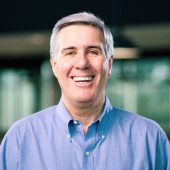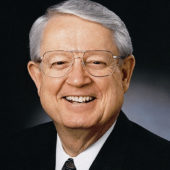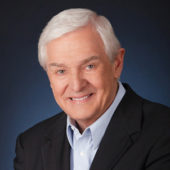Marijuana use for anxiety is on the rise. But is it a proven treatment for anxiety?
Marijuana is not a drug that has been run through FDA approval for medical use. Federally, it remains a Schedule 1 drug, meaning it has the potential for abuse with no currently acceptable medical use. It has not been approved by the FDA for the treatment of anxiety.
According to the CDC, when it comes to marijuana as medicine, there is one plant-based marijuana drug called, Epidiolex, which contains a purified form of CBD. It is approved for two rare types of seizures. There is also a synthetic (lab made) form of cannabis used for cancer patients to treat nausea from chemotherapy treatments and to increase the appetite of AIDS patients. That’s it so far. No medical approval for the use of anxiety.
So, please understand that when you hear the term “medical marijuana,” that doesn’t mean it is being prescribed by a physician. It is not. What happens is this: In states where marijuana is legal, you need a written statement from your health care provider to get the drug. The health care provider is supposed to say you need the drug for a medical condition. Yet the lists of medical conditions lack evidence that cannabis works for those conditions. Those lists are not approved by the FDA. The prescriber recommends marijuana, does not prescribe it. Once you get your medical marijuana card, you go to a dispensary or authorized seller. And a “budtender” with no medical training dispenses the marijuana and chooses the product. Getting marijuana for anxiety is easy, but not remotely based on evidence for effectiveness. It’s all about making money and revenue for states.
Some people argue it helps their anxiety. But good methodological studies, not sponsored by cannabis companies, lack evidence that marijuana helps anxiety. In fact, the opposite is actually true. Anxiety increases with regular use. Also, using the drug raises the risk of an onset of a psychotic or mental health disorder, and using it after the onset of a mental condition worsened clinical outcomes. Finally, the CDC reports that 3 of 10 people who use marijuana have a use disorder, meaning they have compulsive use and become addicted. They may want to quit but find it difficult to do so.
Marijuana impacts brain and heart health. It is not harmless. In terms of the brain, it impacts memory, learning, attention, decision-making, coordination, emotions and reaction time. It is especially dangerous for teens whose brains are still forming and pregnant women (associated with low birth weight). Additionally, we don’t know the impact of marijuana on the developing fetus. The use of marijuana can also make the heart beat fast and blood pressure rise. And it can increase risk for stroke, heart disease and other vascular diseases. Obviously, when smoked, it can harm your lungs as well. And there are concerns for secondhand smoke and harm to children. We are seeing record numbers of children hospitalized for ingesting their parents edibles.
So why do so many people feel it helps? There is something called the placebo effect. In a 2022 study in the Journal of the American Medical Association, the finding was, “placebo has a significant association with pain reduction as seen in cannabinoid clinical trials, and the positive media attention may shape placebo responses in future trials.” This is saying that the belief and expectation that marijuana is helpful, makes you believe it is. So positive media response and high expectations influence how you feel. And when people unwind with marijuana, they are altered and get high. The drug intensifies feelings and provides a temporary sensation of feeling good. On a molecular level, it does nothing for anxiety.
Obviously, more studies are being conducted, but the negative impacts are well-documented for the regular user. Wisdom dictates we follow the research and consider the harm. Proverbs 14:15 tells us, The naïve believes everything, but the sensible man considers his steps. Our body is a temple of the Holy Spirit, thus, we need to carefully consider what we put into it. And we don’t want to be dependent on any substance, rather our dependency should be on God.
The Bible is very prescriptive when it comes to anxiety. Get help from a Christian therapist who can provide evidenced-based treatment for anxiety and can lead you to stronger spiritual formation. Stop listening to opinions and subjective experiences. Arm yourself with truth.
Disclaimer: This article is not meant to be used to diagnosis or treat a health or mental health issue. Always seek the advice of your doctor, therapist or other qualified health provider regarding medical/mental health conditions and treatments.
Marijuana for anxiety?


















